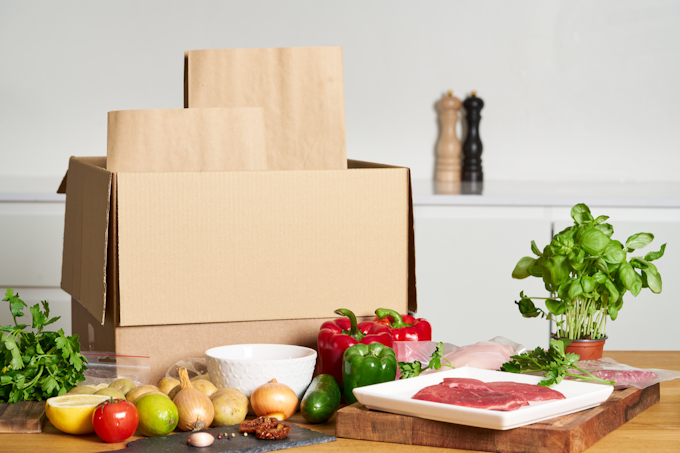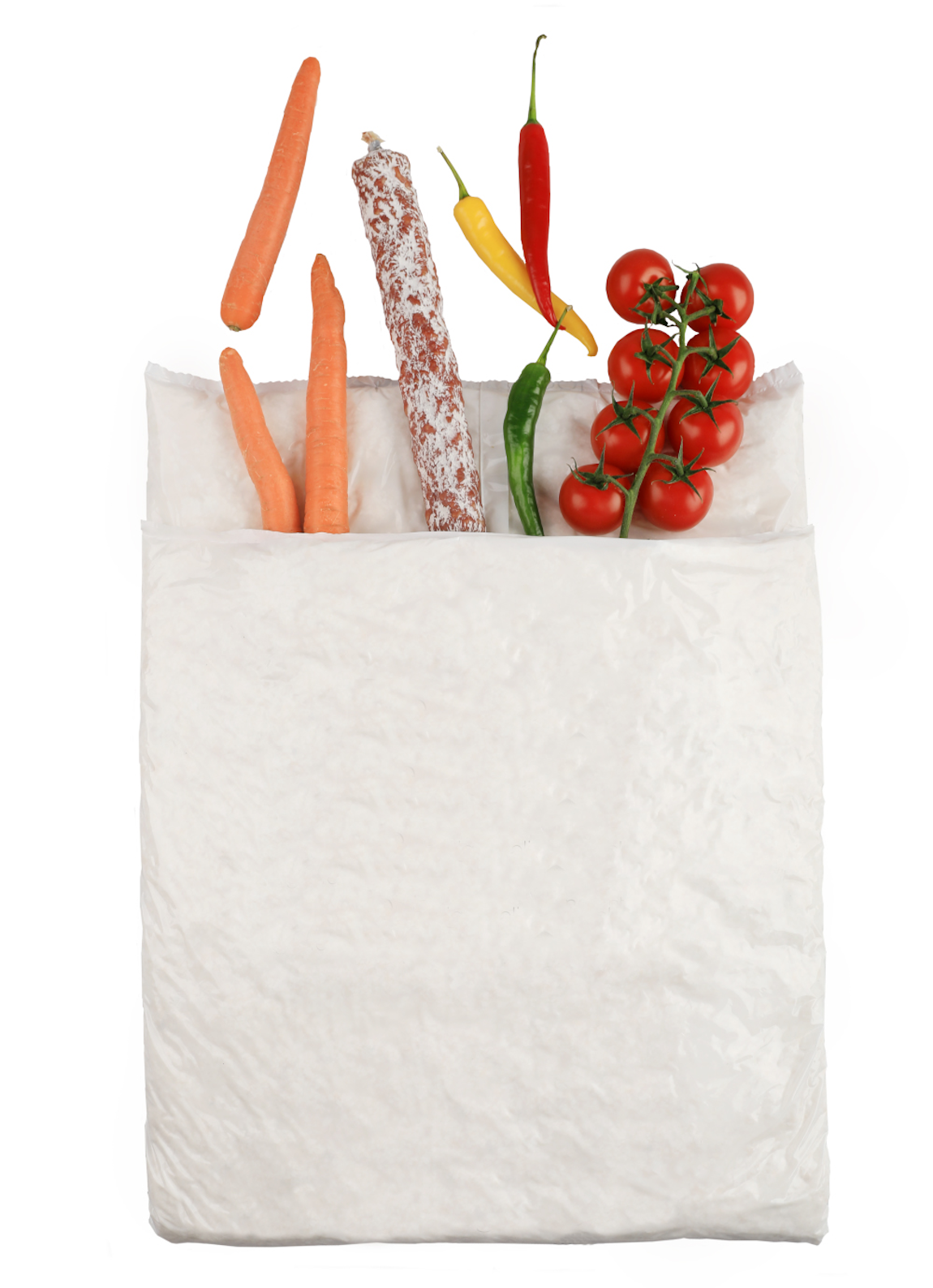This means manufacturers have started to re-think the packaging they produce, looking at more plant-based options whilst ensuring it is also animal-free. Packaging has often been made using animal derivatives. For example, adhesives can be manufactured using animal-based gelatine, and some lubricants used on production machines can also be animal-fat based.
For this reason, there is now a growing popularity in vegan packaging, particularly in the food industry. This is because consumers who follow a vegan diet, also want the packaging to be vegan friendly too, and rightfully so. But what vegan temperature-controlled packaging is available as of now for the food industry?
In this article, we will be exploring the vegan packaging trend and the types of vegan temperature-controlled packaging available today, including our own new vegan thermal liner.



